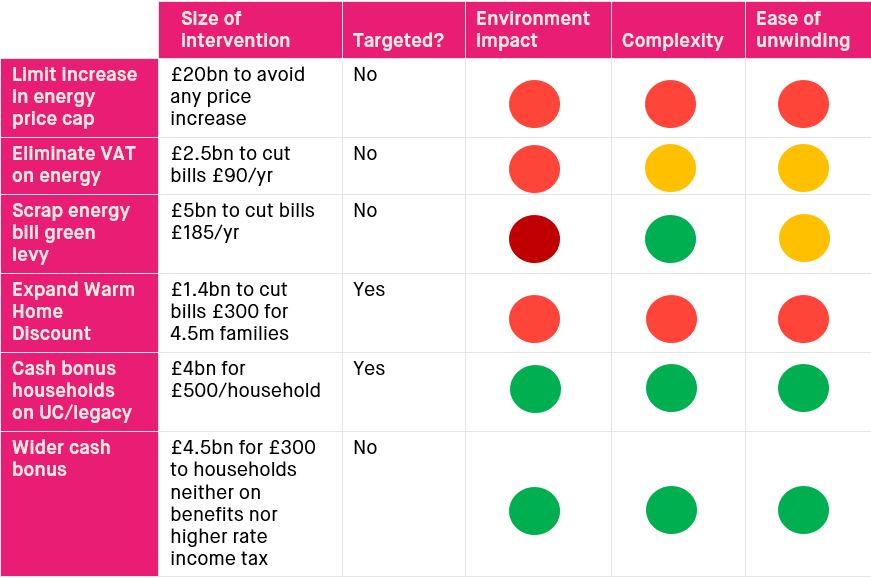Rishi Sunak’s Treasury should reject over-complicated solutions to the cost-of-living crisis and simply make one-off cash payments to millions of households, a leading economist says today.
The Chancellor should “just write millions of cheques” to people facing a financial squeeze from rising energy bills, according to Dr Aveek Bhattacharya, chief economist of the Social Market Foundation.
Cash payments of up to £500 would be the best answer to the cost-of-living crisis, allowing households to decide for themselves how to spend the money, Bhattacharya said.
Households where no-one is a higher-rate taxpayer should get a cheque for £300, with an additional £200 for those on Universal Credit or legacy benefits, Bhattacharya suggested.
In a Social Market Foundation blog, Bhattacharya said that the other proposals being discussed as answers to the crisis are flawed. Cutting VAT on fuel, expanding the Warm Home Discount and supporting energy companies directly would all make energy cheaper and encourage consumption, he warned.
Instead, in a proposal modelled on the US stimulus payments during the pandemic, Bhattacharya proposed a simpler system of cash payments. The payments could be styled “Rishi’s COLA (Cost of Living Assistance)” and bear the Chancellor’s signature, Bhattacharya suggested.
The proposal follows calls from the Joseph Rowntree Foundation for an ‘immediate emergency payment for people on the lowest incomes’ to help them through the coming months.
As in the US, establishing and testing the infrastructure to make such payments could help the UK government respond rapidly to future economic shocks, Bhattacharya said.
By staggering the payments over a few months any contribution to rising inflation can be minimised, and potentially avoided.
An emergency cash payment would also have the benefit of being a clear one-off intervention, whereas other proposals would risk committing the Government to costly ongoing subsidies, that it would find politically difficult to end.
Dr Aveek Bhattacharya, Chief Economist at the Social Market Foundation, said:
“The coming cost of living crisis leaves millions of households facing severe hardship, and many millions more feeling significant pressure on their finances. It is clear that some action is needed, but the Government should avoid the temptation to over-complicate its response and muddle its environmental objectives by subsidising energy.
Instead, it should make direct cash payments to households and leave them to figure out how best to address their needs. A ‘cost of living bonus’, with a higher payment for those on low incomes, would do a lot to help struggling families and clearly demonstrate that the Government is on their side.”
As shown in Figure 1, the cash transfer scheme is preferable to other possible government responses because it minimises environmental costs and complexity, and avoids committing the government to additional spending in future.
Figure 1: Proposed responses to the cost-of-living crisis

Source: Tony Blair Institute for Global Change, FT, SMF analysis
Notes
- The blog, ‘Cost-of-living bonus?’, is published at smf.co.uk/commentary_podcasts/a-cost-of-living-bonus/ on 20th January 2022, at 09:30 AM.
Contact
- For any media enquiries, please email press@smf.co.uk
